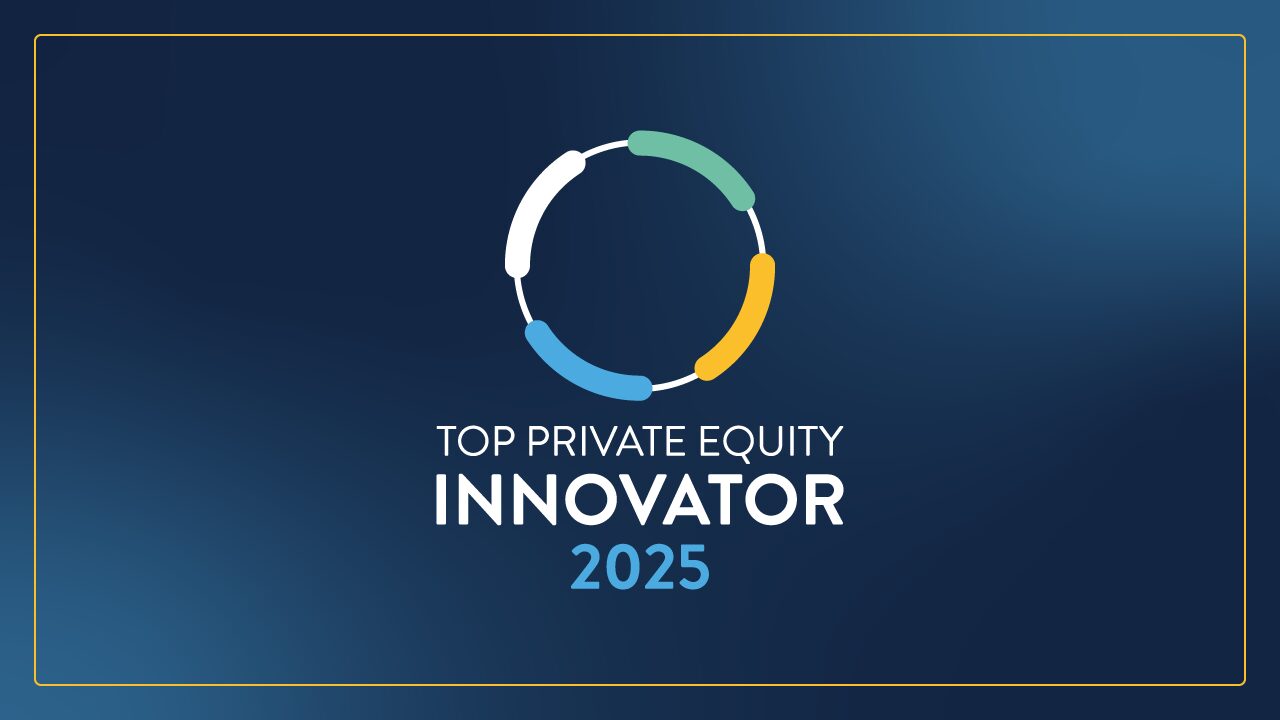Private equity is a widely misunderstood industry – from the common belief that Private Equity firms snatch up companies just to strip them down and sell them to the lack of awareness about the pivotal role PE plays in the modern economy. Gretchen Perkins is a partner who focuses on business development at Huron Capital, and there’s nobody better to correct the mistaken assumptions about her industry and give us a glimpse into the current state of PE. Gretchen was kind enough to answer a few of our questions about the state of her industry, the effects of COVID-19 on her firm, and what she envisions for the future.
Sean Mooney: Tell me a bit about Huron Capital’s investment focus.
Gretchen Perkins: We’re a middle market PE firm that implements a buy and build strategy to grow businesses. We focus on business services, consumer goods, and specialized industrial companies in the United States and Canada. We have both a control buyout strategy and a non-control equity strategy.
SM: What are a few of the biggest myths about the PE industry?
GP: The single biggest myth about PE firms is that we buy companies and sell them in pieces to make our money. The PE industry is a significant job creator across the U.S. – over the past ten years, PE-backed businesses created more jobs and secured more sales than other companies. There’s a reason college endowments, pension funds, insurance companies, foundations, and nonprofits invest in PE – it has been the single leading asset class over the past 20 years. There are billions of dollars flowing into PE because of the returns and the fact that the industry creates more value and is less volatile than other investment vehicles.
Despite the perception that PE firms always take over and try to sell companies quickly, the PE industry plays a long-term game. Firms generally want business owners to stay and maintain equity in the business – they don’t just take over. We want to make the companies substantially better over time because it’s the best interest of both our firm and our stakeholders.
SM: What was your firm’s initial response to COVID-19?
GP: We acted several weeks before everything started shutting down to increase support for our portfolio companies. For example, we developed a Rapid Response Playbook focused on the implementation of safety protocols and developing guidelines for remote work. There are 7,000 employees at our portfolio companies, and their safety is our top priority.
SM: How do the prospects for recovery look?
GP: When the crisis hit, we immediately started doing 13-week cash flow forecasts, and we’ve discovered that things aren’t as bad as we initially thought it could have been. Now we’re focused on implementing our Restart Playbook, which is designed to take a close look at business operations across our portfolio and help companies emerge from the crisis even stronger and more adaptable. We’re doing everything we can to help our portfolio companies navigate COVID-19 and the economic aftermath, but our management teams are rising to the occasion. This should serve as a reminder that in the current state of PE, firms are more interested in finding effective partners they can work with to build great companies over the long run than ineffectively micromanaging the companies in their portfolios.
SM: What types of businesses are you focused on investing in and growing now?
GP: We’re looking at add-on acquisitions to companies that can thrive during the crisis – insurance companies, for instance. We are also looking into food and beverage businesses that have proven to be COVID-19 resistant. But what we’re most interested in are companies that have solid leadership teams and growth potential – these are the partners that will help us move into the post-COVID-19 era in a stronger position than ever.


